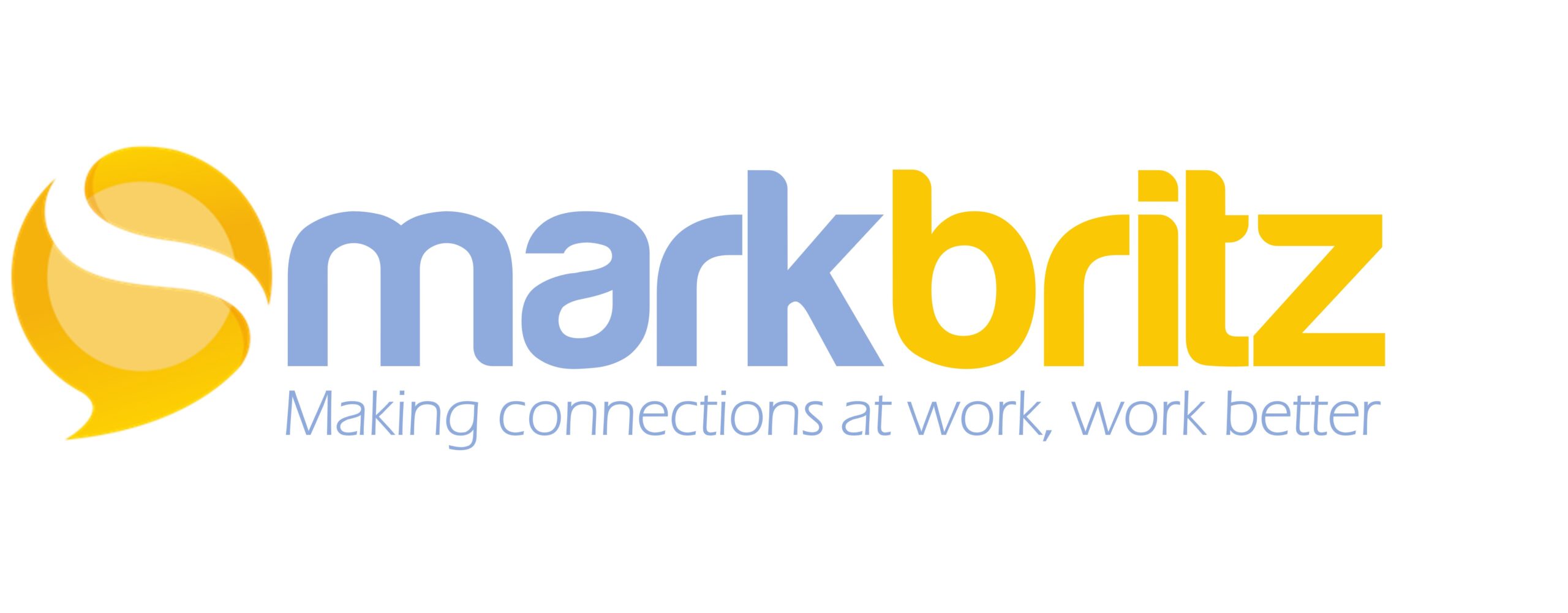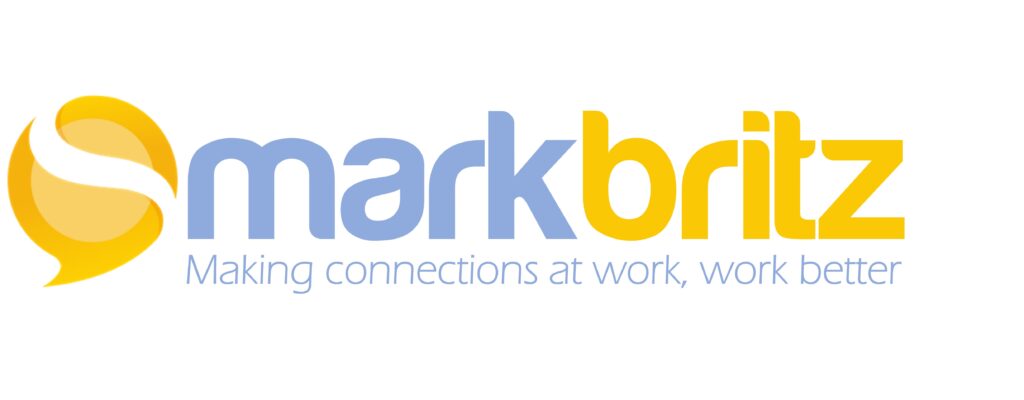Since my post Vox Populi was written and shared I have had the fortunate opportunity to have three casual meetings with some local folks wanting to chat about social and social organizations. I’ll share some generalizations and themes I picked up on.
For starters the people I met with were in traditional leadership roles in organizations providing health care services, education/training and project management. When I broached the topic of social organizations with one, the response was: “I don’t even know the full spectrum of what it all means.” As I dug deeper into this response with them, the conversation went broader not deeper. Ideas around hierarchy, leadership, social, networks, Wirearchy, trust, conversation, communication, and learning were surfaced and it was clear to me that in a world of fast flowing information, those in the trenches of work have only scraped the surface of these notions and have a cursory understanding. To many then it’s all just disconnected jargon. I tried to synthesize it into a single word and the one I chose was “autonomy.” I expanded on this by saying how power, aided by technology, has shifted to the individual – yet individuals don’t often take advantage of this shift and neither are organizations. In many cases both are limited by old world thinking about power structures or just comfortable in the current state; change can be scary.
An explanation of what is happening today, not happening and needs to happen can be found in Jon Husband‘s principle of Wirearchy. This principle provides guidance to all facets of being both a citizen and a worker today. I recommend strongly one reads it.
A theme I picked up on that was present in many of the conversations can best be summarize as “work moves at the speed of trust.” Several spoke of 1. decision-making in a vacuum, 2. the all to familiar business unit “silos” and 3. competition over collaboration. Simply put – 1. Employees were not trusting their leaders, 2. leaders were not trusting their employees and 3. employees were not trusting each other. In each case work, productivity and innovation were hindered as openness and transparency are severely lacking in their environments.
Each in their own way made it clear that change in their settings to a more social organization appeared to be a daunting if not impossible task. And maybe still stinging from the recent recession or the fact that Syracuse is not an economic juggernaut, these folks didn’t appear empowered to be change agents as the status quo has a firm grip on the mindset of organizations. I look forward to many more conversations like this, different industries and different levels to see the very valuable perspectives of the Vox Populi (the voice of the people).

